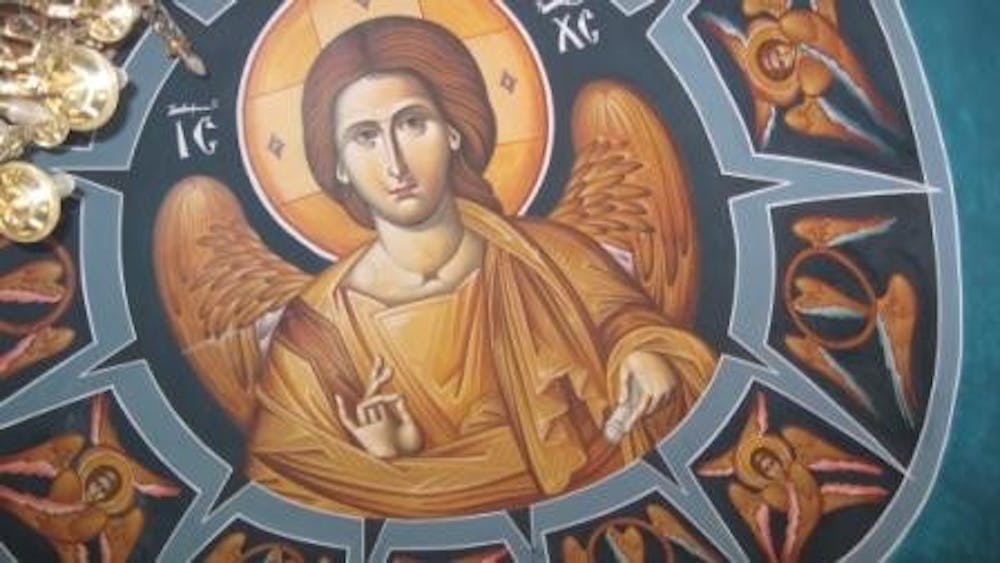BLOG: Christianity in Jordan
When I signed up to study abroad in Jordan, I requested that I be placed in a Muslim home-stay, in order to better-understand Islamic culture and values. But not many of the students here were placed in Muslim families, and I, like most, was placed in a Christian family.
Because my family is Christian, it has given me the chance to have meaningful discussions with their friends and acquaintances, many of whom are Christian. This is a good opportunity, since the Christian population here is estimated at 6 percent (source: CIA World Factbook). Here are a few of the conversations I’ve had in my first month here. (I’m not sure if my interlocutors would give me permission to use their real names, so I won’t.)
— In my first or second week here, I was shown around Amman by the son of a family friend, “Khalid.” Khalid studied in the U.S. for a time and is thus somewhat familiar with America. He talked about how much he liked the states, but how he would always feel that Jordan is home. I was able to discuss politics candidly with Khalid, which is something that must be done both selectively and carefully here.
He said he is mostly OK with how Christians are treated in Jordan. He said he is somewhat reserved in expressing his faith, though, because friendly conversations can quickly become heated when religion is mentioned. (This isn’t much different in the states, though.) When we talked about his views on the government here, he said he was mostly satisfied with King Abdullah.
In fact, he said he was somewhat glad that Jordan isn’t a true democracy. If it was, he said, the people might vote in a conservative Islamist group that would make life harder on Christians. This is because the general population is more conservative than the king, he said.
—The other conversation I’d like to mention is with a local pastor, “Ahmed,” who I happened to meet a couple weeks ago. He dropped off my friend and I at the university the other day, and I used the transit time to discuss religion with him. The man was very nice and I thoroughly enjoyed our discussion.
He said there is a larger Christian presence in the Middle East than Americans realize. When I asked if he had a family, he said he had an Iraqi wife. I used this disclosure to ask him how he viewed America and Americans.
He said he does not fault the American people for the government’s decisions. “Politics are dirty,” he said. Rather than perpetuate animosity, it’s better to love and seek peace, he said.
This is a somewhat common theme here: Most people know the difference between Americans and American foreign policy.
Facts and Myths in Jordan All Arabs are Muslims: FALSE
I’m actually stealing this one from “Ahmed.” He made a very good point in our discussion when he said that many Americans view all Arabs as Muslims. While the vast majority of Arabs are Muslims, there are still Christian communities in this part of the world, he was happy to point out. And after all, he said, the Middle East is the birthplace of Christianity.
I was reminded of this on a biblical sites tour Saturday, sponsored by my study abroad program, that highlighted some places such as Mt. Nebo, where Moses overlooked the Promised Land, and the traditional baptism site of Jesus along the Jordan River.
Though it takes some digging, there is a Christian presence — both current and historical — in Jordan.




